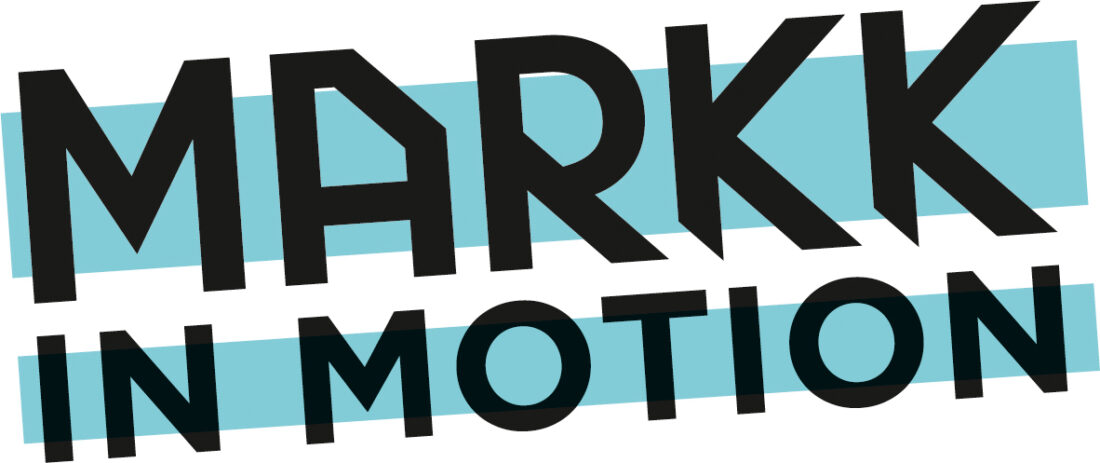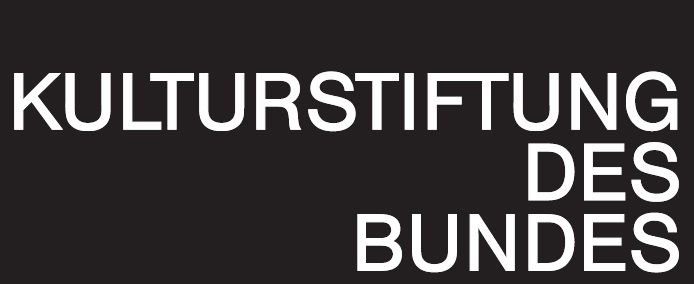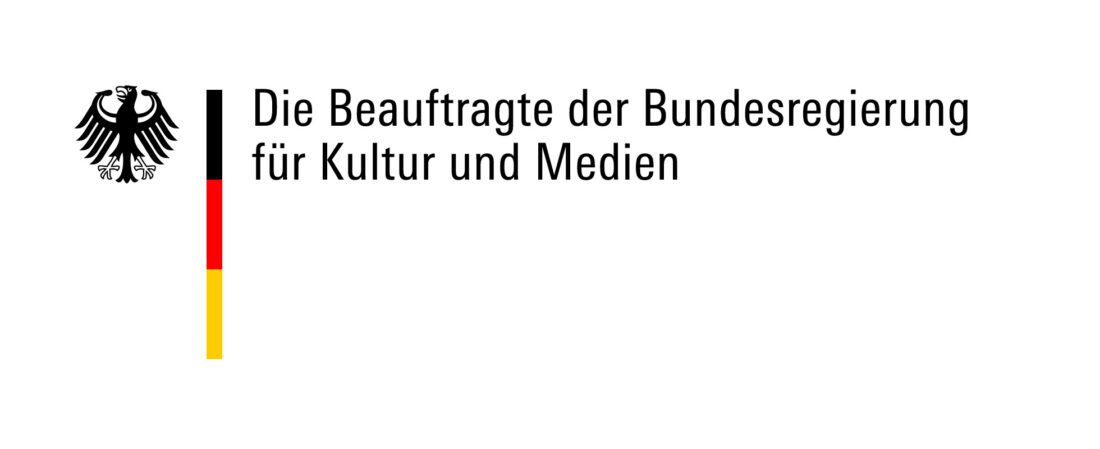From Conservation
to Conversation
Rethinking Collections Care
Digital Workshop 09.–10. September 2021
Confirmed contributions: Ana Maria Theresa Labrador, Annissa Gultom, Awhina Tamarapa, Barbara Borghese, Catherine Smith, Diana Gabler, Ellen Pearlstein, Gabriel Nodea, Heidi Swierenga, Hélia Marçal, Jane Henderson, Johanna Ndahekelekwa Nghishiko, José Luiz Pedersoli Jr., Kelly McHugh, Laura van Broekhoven, Lynley Nargoodah, Monica Hanna, Renata F. Peters, Robyn Sloggett, Shadreck Chirikure, Sonja Schwoll, Stefan Michalski, Valerie Magar
Contact: rethinkingcollectionscare@markk-hamburg.de
Workshop language: English
Workshop Content
Cultural institutions such as Museums claim to take a well-informed and strategic approach to care for valued collections, protecting and conserving the material evidence of cultural heritage in line with the overall institutional goals. Though the principles and values that inform such strategies, vary considerably according to context and they often do not reflect the original cultural context.
Read More
Care of collections and views on the appropriate preservation conditions continue to be subject of current debate, particularly in connection with collections from colonial contexts. Questions are asked regarding issues such as collections mobility, high costs, sustainability and the ‘green Museum’ and results of current research on principles of collections care deliver important impulses. So-called conservation standards, or perceived lack thereof, have been used by major institutions to argue against mobility of collections and have been experienced as factors in delaying exchange and use of collections as well as restitution.
The establishment of the Museum in the (colonial) European cultural landscape resulted in the establishment of largely Eurocentric ideas of conservation/preservation as standards in collections care. These ideas have been increasingly challenged from within the profession as well as outside. Over the past 20 years the growing involvement of indigenous and originating communities and a wider and critical public in questions of representation, presentation and preservation shifted the conservation practice away from exclusivity, moving the decision-making process towards inclusive multidisciplinary negotiation of ideas.
A conservation practice aiming to safeguard cultural material should also contribute to ‘cultural health’. Care of collections has to include conversations on interpretation and representation of culture which inform the appropriate care within a given context. Equally, questions about sustainability, architecture, climate conditions, storage and display inform criteria applied to manage risks to the tangible material of museum collections.
Within the context of World Cultures Collections in Germany, this two-day workshop wants to reflect on the ongoing development of changing conservation and collections care practices. Bringing together colleagues from the national and international field, we want to create a space for open communication.
We want to explore:
- The role of conservation in facilitating access to and use of collections
- What are the necessary skills in conservation when considering positions and developments within the field with respect to collection activation, decolonization and restitution?
- What governs today’s approaches to materiality and meaning?
- How do ethics and methodologies change and what limitations and conflicts are experienced (emotionally/scientifically)?
In addressing this the MARKK hopes to inspire lively conversation and critical reflection on what conservation is aiming to achieve and who the deciding actors are.
We want to cluster conversations around three core themes:
Knowledge systems: sharing knowledge and facilitating access to and use of collections.
Space for conversations that critically look at decision-making processes and the power relations embedded therein drawing from approaches and experiences of colleagues where Museums/Institutions are involved in facilitating access to and use of collections. We want to use these examples to discuss the opportunities and challenges that arise and talk about the importance of access to collections for communities and for contributing to ‘cultural health’.
Conservation Skills for Engaging in Conversation
Look at current international developments in the training of conservators and discuss formats that already are being practiced or developed. We hope to explore what skills and training will be necessary to develop within German/European institutions when considering a shift in the conservation practice moving the decision-making process towards inclusive multidisciplinary exchange of knowledge. What is already practiced, how effective are these methods, do they achieve the necessary results?
How to care – the evolution of Standards
What is the influence that a change in ethics has on methodologies of collections care? What are limitations or conflicts experienced (emotionally/scientifically)? How do questions of cost and sustainability influence the application of preservation guidelines? We want to look at current approaches to ideas of care, what has changed, where approaches are being developed and what new development can be.
Opening Panel

Publication „From Conservation to Conversation“ (Download PDF)





